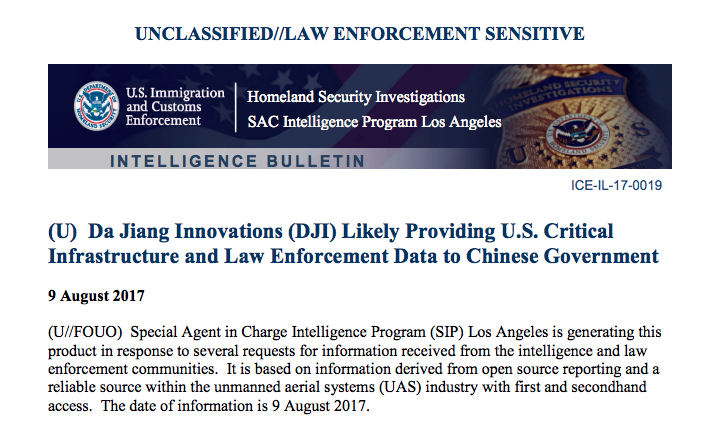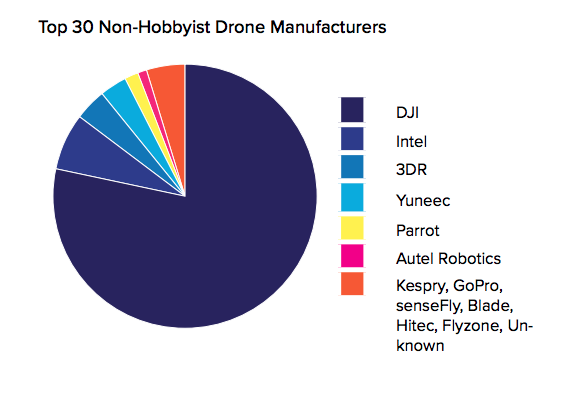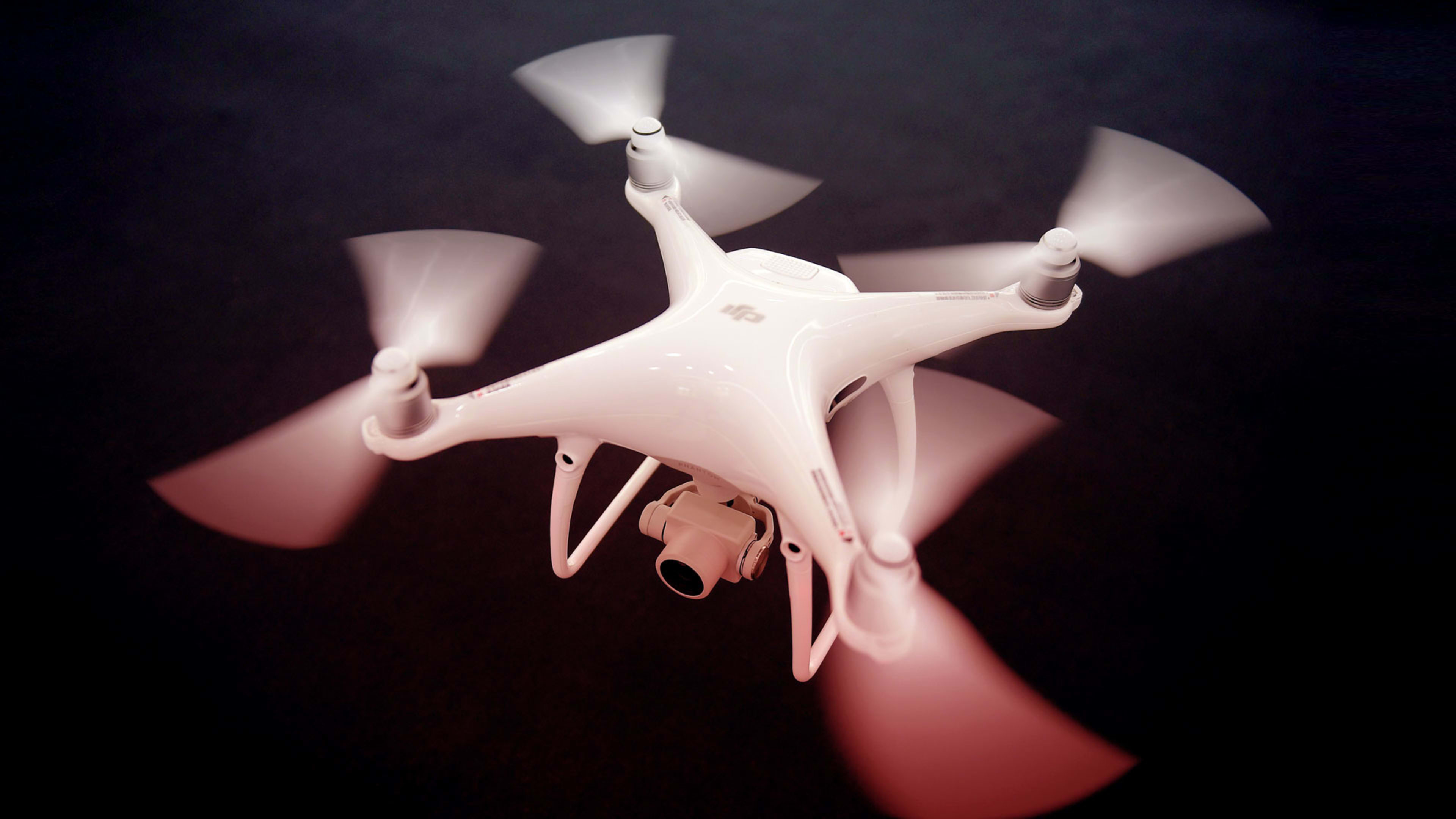China’s DJI, the world’s-largest maker of consumer and business drones, is pushing back strongly on what it calls an “insane” memo issued by the federal government claiming the company is essentially spying on the U.S. for the Chinese government.
The unclassified memo, issued in August by the U.S. Immigration and Custom Enforcement (ICE) in Los Angeles, argues that DJI may well be leveraging its drones to provide “U.S. critical infrastructure and law enforcement data to the Chinese government [and that the company is likely] selectively targeting government and privately-owned entities within these sectors to expand its ability to collect and exploit sensitive U.S. data.”
The document, which U.S.-based DJI spokesperson Adam Lisberg says first appeared on the internet last week, is attributed to information gathered from “open source reporting and a reliable source within the [drone] industry with first and secondhand access.” It further states that software powering DJI’s consumer and business drones can “automatically tag GPS imagery and locations, register facial recognition data even when the system is off, and access users’ phone data.”

Additionally, it continued, “the applications capture user identification, e-mail addresses, full names, phone numbers, images, videos, and computer credentials. Much of the information collected includes proprietary and sensitive critical infrastructure data, such as detailed imagery of power control panels, security measures for critical infrastructure sites, or materials used in bridge construction.”
“Utterly Insane”
In an email to Fast Company, Lisberg called the memo “utterly insane,” and pointed to the company’s official response. In it, the Shenzhen, China-based company wrote that “the allegations in the bulletin are so profoundly wrong as a factual matter that ICE should consider withdrawing it, or at least correcting its unsupportable assertions.”
The ICE memo states that DJI has dropped its prices so aggressively that competitors like France’s Parrot, China’s Yuneec, and U.S.-based 3D Robotics have all stopped selling drones. While it’s true that 3D Robotics pivoted from manufacturing drones to developing drone software, Parrot and Yuneec are still very much in the drone game, something that DJI pounced on.
“Many of the allegations in the ICE report are obviously false,” DJI wrote. “The claims that DJI systems can register facial recognition data even while powered off, that Parrot and Yuneec have stopped manufacturing competitive products, and that DJI products have substantial price differentials between the U.S. and China can be easily disproven with a basic knowledge of technology and the drone industry, or even a simple internet search.”
DJI also argued that ICE should think about whether the source of the allegations may have been a competitor with “motive to interfere with DJI’s legitimate business by making false allegations about DJI.” Fast Company has asked ICE for comment on the memo and DJI’s response, and will update this story if and when the agency responds.
Clearly, it may trouble some people that the dominant company in a field like drones is Chinese, especially since a growing number of critical industries–including construction, agriculture, energy, transportation, and others–have been increasingly turning to drones as a means of gathering data and other essential business information.
Related: The Russian and Chinese companies that have been blocked by security fears
DJI’s drones account for at least 70% of all non-hobbyist drones in the U.S., led by the top-end Phantom 4, according to a new survey of FAA data by the Center for the Study of the Drone at Bard College (see chart below). The U.S. Department of Defense alone has spent more than $35,000 on DJI’s consumer drones, Forbes reports.

Recognize your brand’s excellence by applying to this year’s Brands That Matter Awards before the early-rate deadline, May 3.
